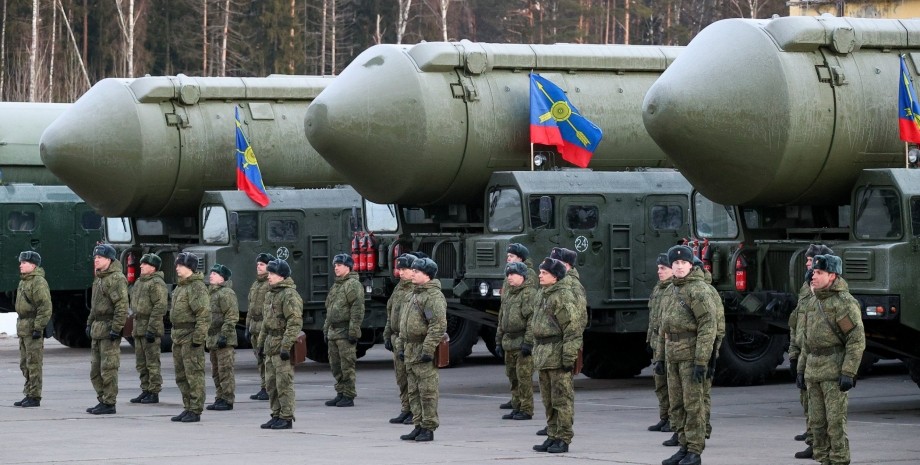
 By Eliza Popova
By Eliza Popova
"I would not like to dive into discussing whether a nuclear conflict is high for today, but it is in any case higher than that we have had over the last decades," the Deputy Minister says. Within the discussion on "The World Without DSno: What is next?" Valdai International Discussion Club has stated that Russia continues to comply with "key provisions and doctrinal and political property", which indicates the Kremlin's desire for security.
"The world must be safe and free from nuclear threat," Ryabkov quoted "Arguments and Facts. " During his speech with the message to the Federal Assembly on February 21, Russian President Vladimir Putin stated that his country was suspended in a contract with the United States on non -proliferation of offensive weapons (DSU).
At the same time, the Ministry of Foreign Affairs of the Russian Federation said that Russia will continue to adhere to some of the restrictions specified in the document and notify the US side of the launchers of the IBR and BRPP. The department also emphasized that the decision to suspend participation in the DSno could be reversible.
The US State Department statement of March 15 states that the words of Vladimir Putin about "suspension of participation" in the contract of DSSno is legally incorrect. American diplomats also noted that the Russian Federation violates the terms of the agreement. Violations include refusal to carry out inspections, refusal to meet within the bilateral advisory commission, as well as termination of reports by the Russian Federation about the status and movement of their nuclear forces.




















Všetky práva vyhradené IN-Ukraine.info - 2022